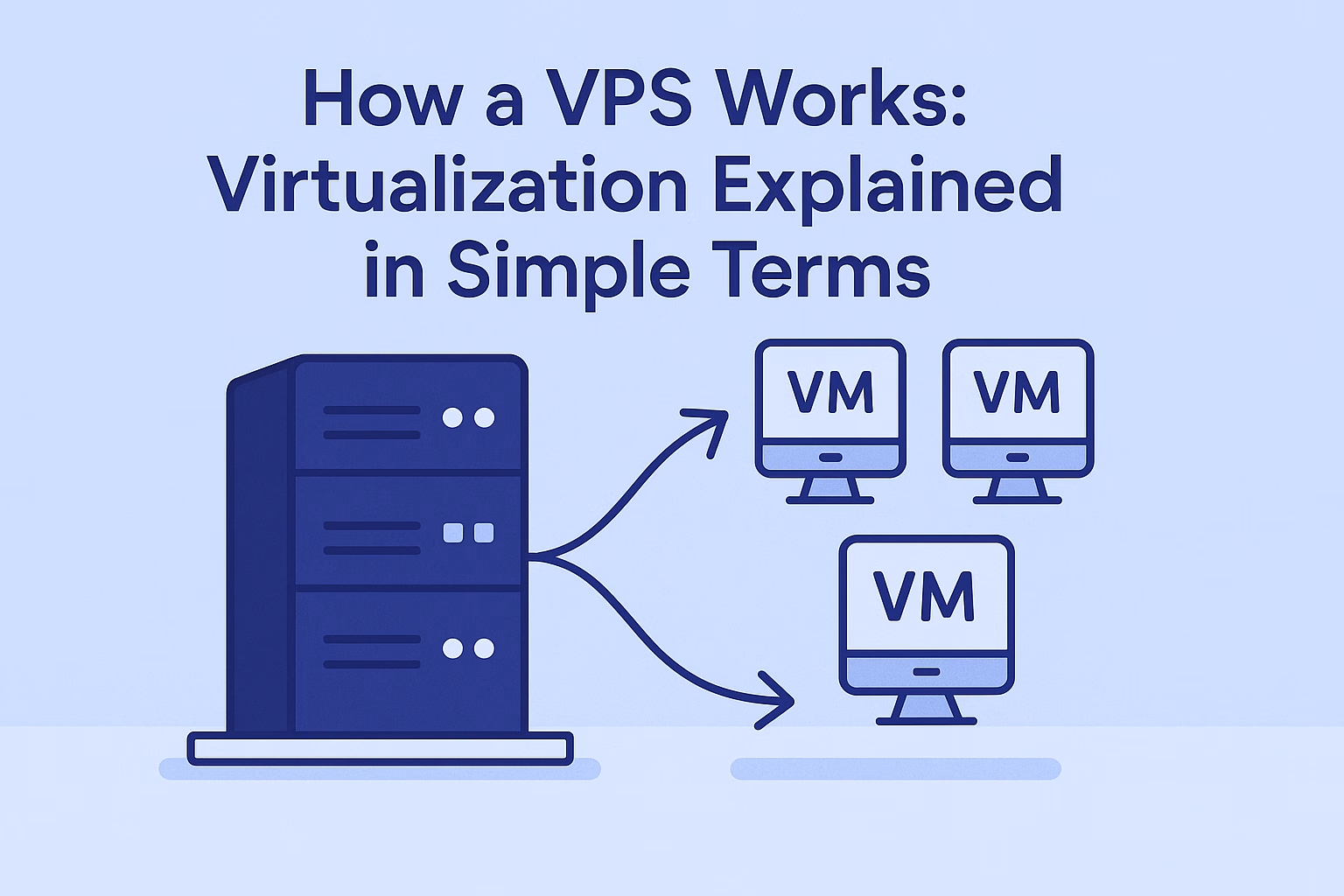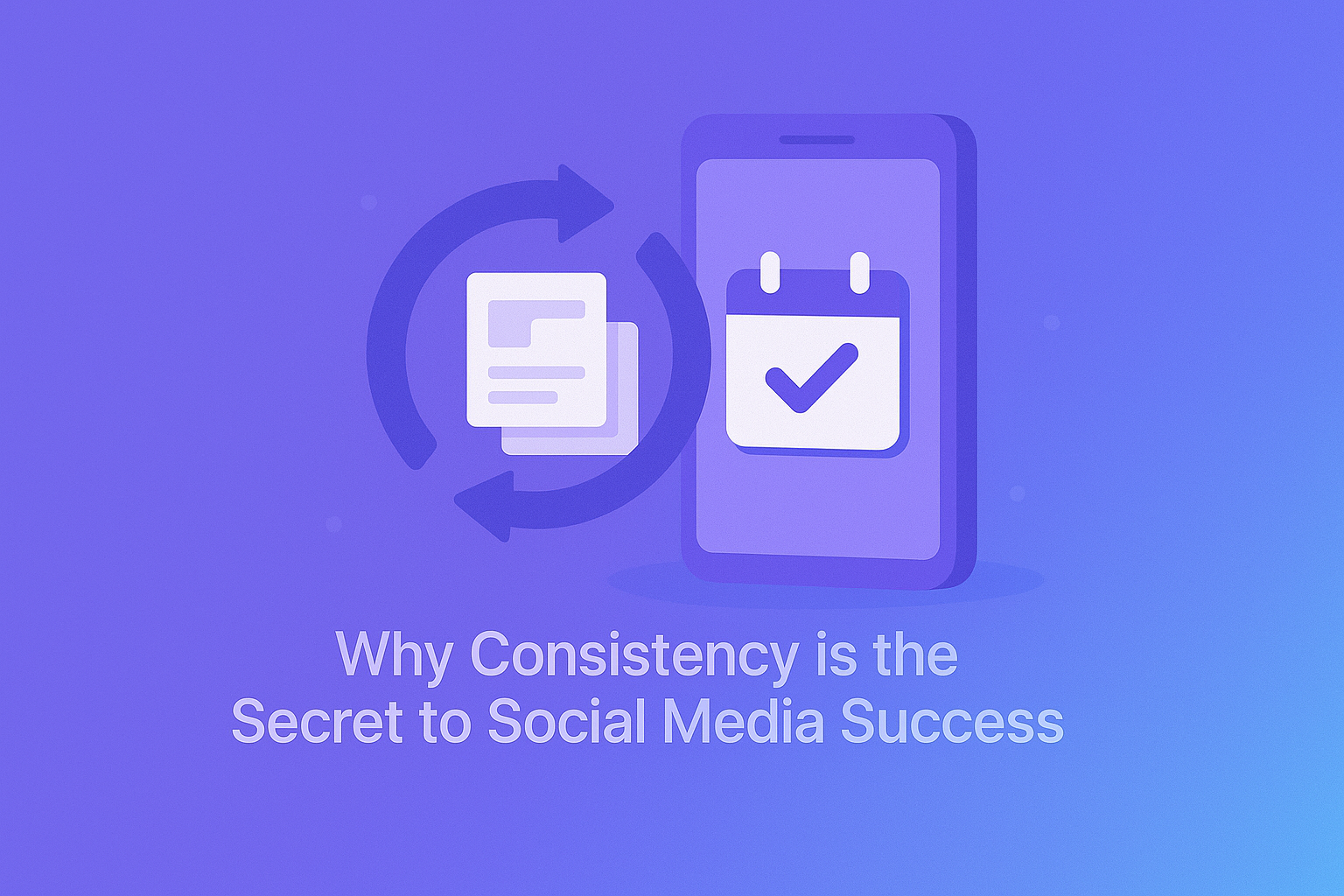You’ve probably heard of VPS Hosting.
It’s faster than shared hosting, more affordable than a dedicated server, and gives you more control.
But how exactly does a Virtual Private Server work?
And what does “virtualization” really mean?
Let’s explain it in simple, real-world terms.
🧠 Think of a Physical Server Like an Apartment Building
A physical server is a powerful computer—just like an apartment building is one big structure.
In shared hosting, you and many others live in the same big room. Everyone shares the same space, kitchen, and bathroom. If one person throws a party, the whole room feels it. That’s how shared hosting works—everyone shares the same resources.
In VPS hosting, virtualization divides that big building into private apartments. You have your own locked unit, with your own kitchen, bathroom, and utilities—even though you’re still in the same building.
That’s the power of virtualization.
🧩 What Is Virtualization, Technically?
Virtualization is a technology that uses software (called a hypervisor) to split one physical server into multiple independent virtual servers.
Each virtual server:
-
Has its own operating system (Ubuntu, AlmaLinux, etc.)
-
Gets a fixed amount of RAM, CPU, and storage
-
Runs as if it were a standalone server
Even though all VPSs run on the same physical machine, they are completely isolated from each other.
This means what happens on one VPS doesn’t affect the others.
🛠️ What Can You Do with a VPS?
Because each VPS acts like a real server, you can:
-
Host websites and web applications
-
Install custom software or control panels
-
Run online stores or game servers
-
Set up VPNs or remote tools
-
Have full root access and system control
Basically, everything you could do on a dedicated server, at a much lower cost.
🛡️ Is a VPS Secure?
Yes. Because each VPS is isolated, your data and performance aren’t affected by others.
And at PLiKhost, we use:
-
SSD storage for fast performance
-
Optional daily/remote backups
-
Hardened configurations and firewall support
-
Optional Imunify360 for advanced protection
You’re in full control of your own “apartment”—with the keys in your hand.
🔁 Can You Resize or Upgrade a VPS?
Absolutely!
One of the biggest advantages of a VPS is scalability:
-
Start small (e.g., 1 CPU / 1 GB RAM)
-
Upgrade as traffic or workload grows
-
No need to migrate to a new server—just expand your resources
This makes it ideal for startups, developers, agencies, and e-commerce sites.
🟢 VPS Hosting at PLiKhost
At PLiKhost, our VPS Hosting includes:
-
✅ Full root access
-
✅ SSD storage
-
✅ Choice of OS (Ubuntu, Debian, AlmaLinux, etc.)
-
✅ Remote backup options
-
✅ Optional control panels (cPanel, Webuzo)
-
✅ Friendly support in Bahasa Indonesia & English
Whether you’re a beginner or sysadmin, we make it easy to get started.
Final Thoughts
A Virtual Private Server gives you the speed, power, and flexibility of your own server—without the high cost of physical hardware.
Thanks to virtualization, you can enjoy private, secure hosting on infrastructure designed to scale with your success.
🟢 Explore VPS Hosting at PLiKhost
It’s time to unlock more control—with your own virtual server.






